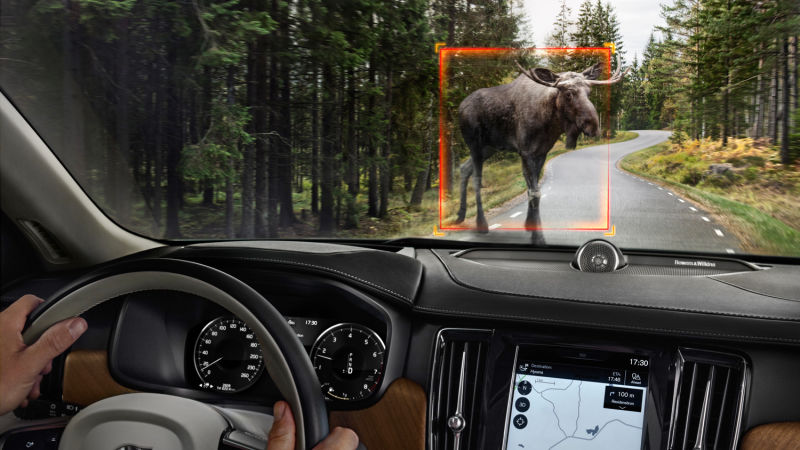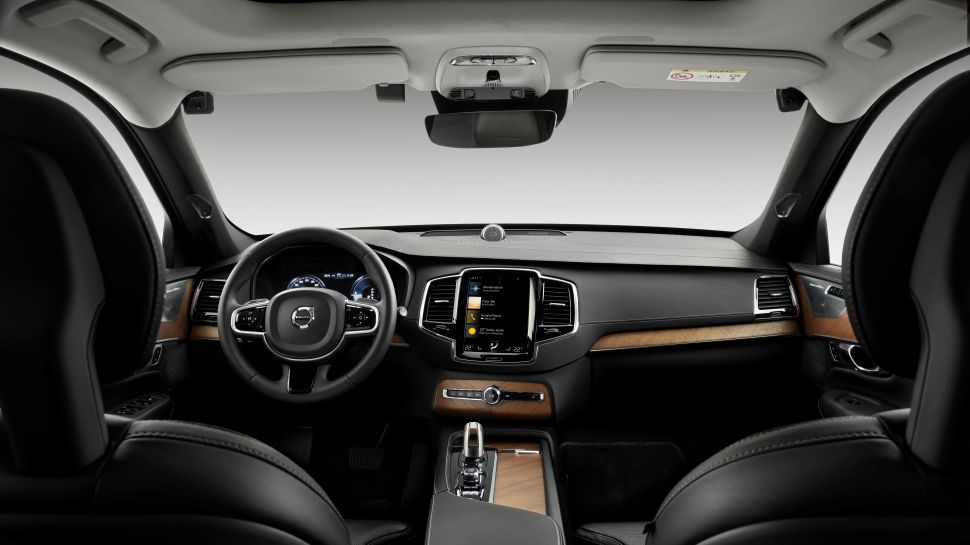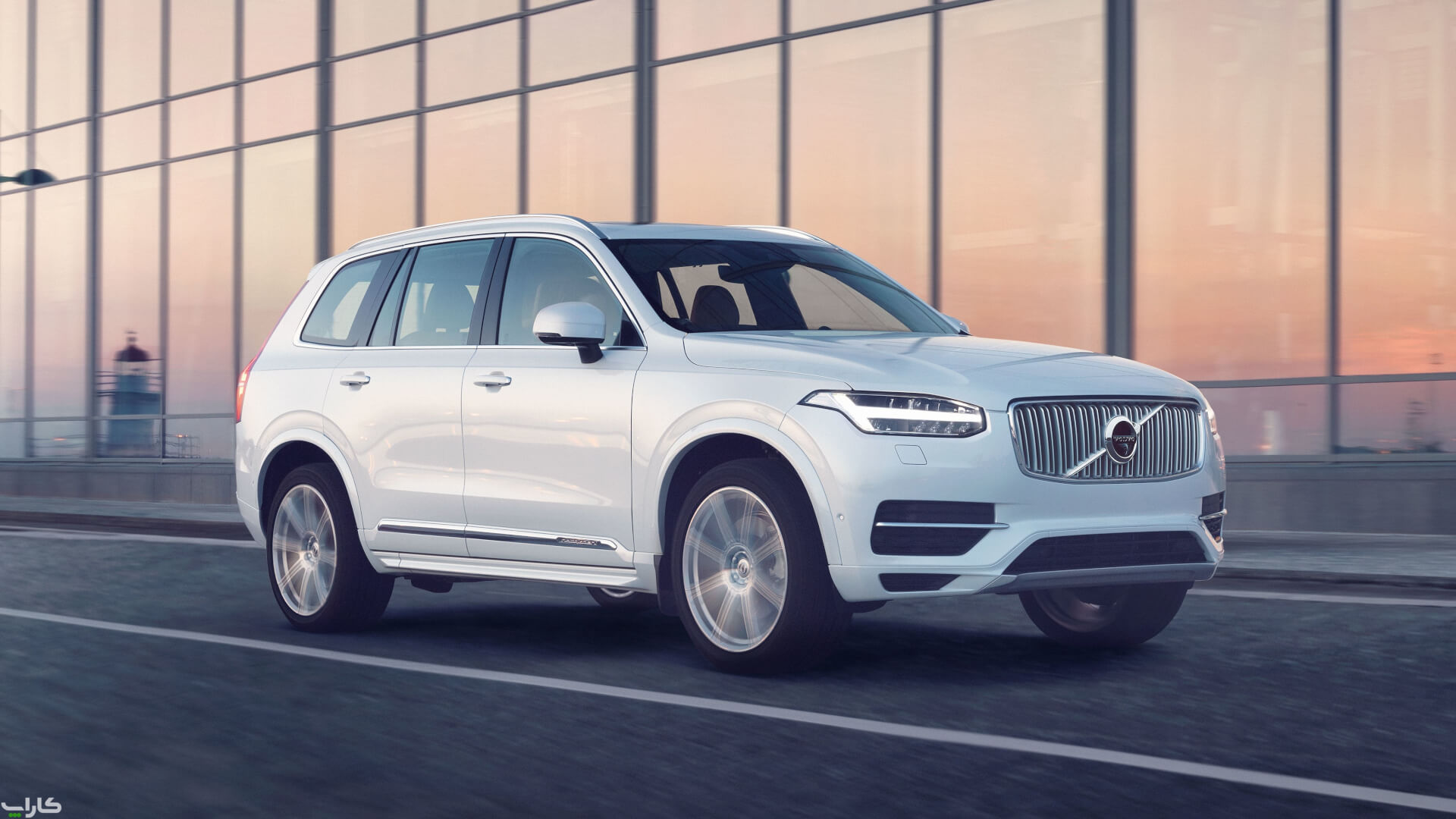[adrotate group=“15″]
According to a press release from Volvo Car Group’s dedicated channel, the car-making company has taken a major environmental decision to make driving more sustainable.
“Volvo Cars is committed to becoming a leader in the fast-growing premium electric car market and plans to become a fully electric car company by 2030,” the post announced yesterday, as the carmaker plans to make fully electric cars amount to 50% of its global sales by 2025 with the other 50% being hybrid models.
Volvo Cars has been a subsidiary of the Chinese manufacturer Zhejiang Geely Holding Group, most commonly known as Geely, ever since 2010 when the Swedish company was acquired from Ford. Volvo’s bold strategy might also hinge on China’s growing demand for electric cars, as the East Asian country is currently one of its biggest markets.
“To remain successful, we need profitable growth. So instead of investing in a shrinking business, we choose to invest in the future – electric and online,” said Håkan Samuelsson, chief executive of Volvo. “We are fully focused on becoming a leader in the fast-growing premium electric segment. I am totally convinced there will be no customers who really want to stay with a petrol engine. We are convinced that an electric car is more attractive for customers.”

From the looks of it, Volvo’s plans will also focus more on online sales and will be coupled with a “complete, attractive and transparent consumer offer” in its quest to simplify some of its products. Complemented, of course, by all the bells and whistles that the brand has offered in the past. Like smartphone integration, sound and video experience, all thanks to the DTS HD Radio, Sirius XM satellite radio, voice controls, climate control, Driver support, and vigilance, assisted driving, and many others.
These are bold plans for the Swedish carmaker, especially since it first revealed its fully electric car, the XC40 Recharge, just 2 years ago. And on Tuesday it wasted no time to tease possible buyers with the promise of a new family of electric cars That will be launched in the next few years.
All of the models will only be sold online starting with yesterday’s surprise, the new C40 Recharge. An alternative to the popular XC40 and a fully electric SUV, the C40 comes with approximately 420 kilometers of range thanks to its 78Wh battery and can be fully charged from an empty battery to 80% in around 40 minutes. Over-the-air updates will increase the car’s range by helping it make more efficient use of the charge in its battery while its two electric motors make it possible for it to accelerate from 0-60mph in 4.9 seconds.

Car-making companies are scrambling to find better alternatives and switch to producing zero-emission car models, following updated carbon dioxide emissions targets and restrictions in both Europe and China. According to a transport emissions report by the European Commission, passenger cars are responsible for around 12% of total EU emissions of carbon dioxide (CO2) and on 17 April 2019, the European Parliament adopted Regulation (EU) 2019/631 which sets the CO2 emission performance standards in the EU for both new passenger cars and new vans. The regulation started applying on 1 January 2020 and includes targets for 2025 and 2030, mainly a 15% reduction starting from 2025 with a 37.5% reduction from 2030 on for cars, as well as a 15% reduction from 2025 on and a 31% reduction from 2030 on for vans. These targets are defined as a percentage reduction from the 2021 starting points.
And more and more companies are starting to do the same. Ford Motor pledged last month that, by 2030, it will sell electric cars exclusively in Europe and the U.K., while India’s Tata Motors aims to make its British luxury unit Jaguar Land Rover a net-zero carbon business by 2039. Not one to be left behind, Volkswagen-owned luxury carmaker Bentley also promised to switch to electric vehicle-only range in 2030.
Follow TechTheLead on Google News to get the news first.

























